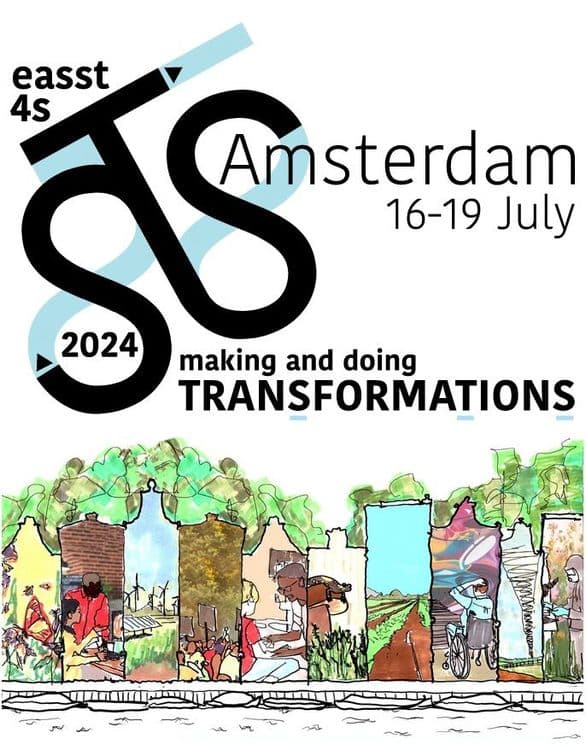On 4 November 2024
Modify on 13 November 2024

This year's 4S International Conference at the University of Amsterdam focused on transformations in an era of grand societal challenges. A specific panel on the veterinary worlds and the challenges of multi-species coexistence was set up. The aim was to explore the veterinary dilemmas of more-than-human care; vets’ roles in institutional & regulatory arrangements that shape the politics & governance of human and animal life; and the effects of technological innovations on veterinary work.
During this panel, Nicolas Fortané questioned the economic infrastructures of professional expertise, asking how the transformations of the veterinary drug market fostered the development of preventive veterinary medicine?
Over the past 10 years, veterinarians have drastically reduced their prescription of antibiotics in order to contribute to the fight against antimicrobial resistance. This objective has mainly been achieved thanks to new forms of regulation of the veterinary drug market: monitoring of prescriptions, obligation to perform sensitivity tests, dissemination of prescription guidelines and, last but not least, control of antibiotics prices and interdiction of back margins in antibiotic sales. These transformations have fostered the development of new professional and economic models in veterinary medicine, namely preventive approaches which are currently extending veterinary expertise towards new areas (nutrition, hygiene, biosecurity) and allow in the same time practitioners to diversify their source of incomes. This paper, based on 32 interviews and around 20 hours of ethnographic observations of veterinarians working in the pig and poultry industry, describes the evolution of veterinary practices from a medical perspective (process of protocolization of care) and from an economic and organizational perspective (new business models for veterinary companies).
The program and all information about the 4S can be found here.